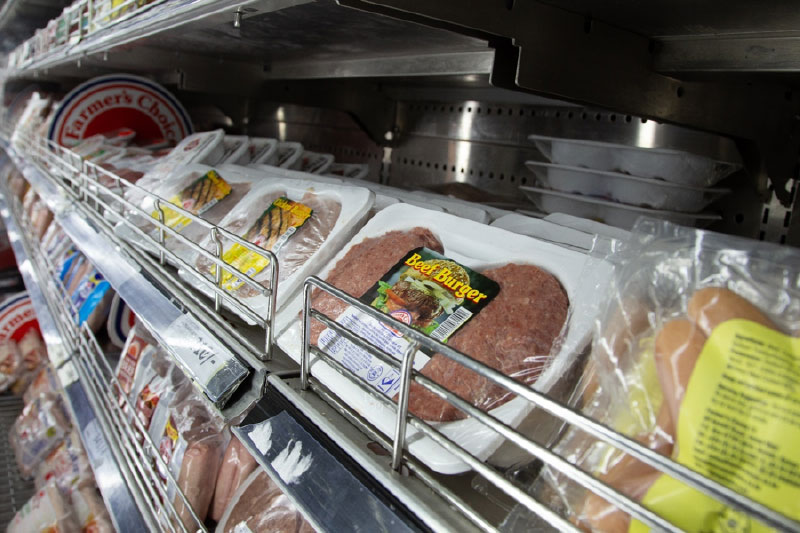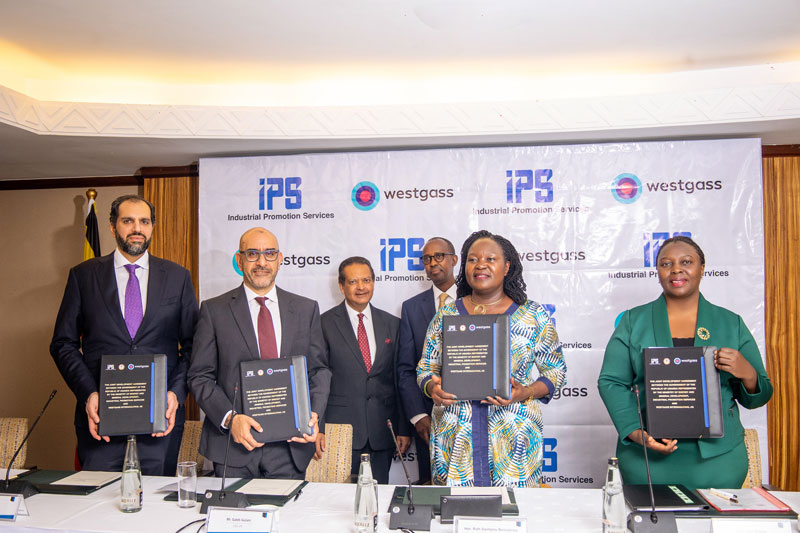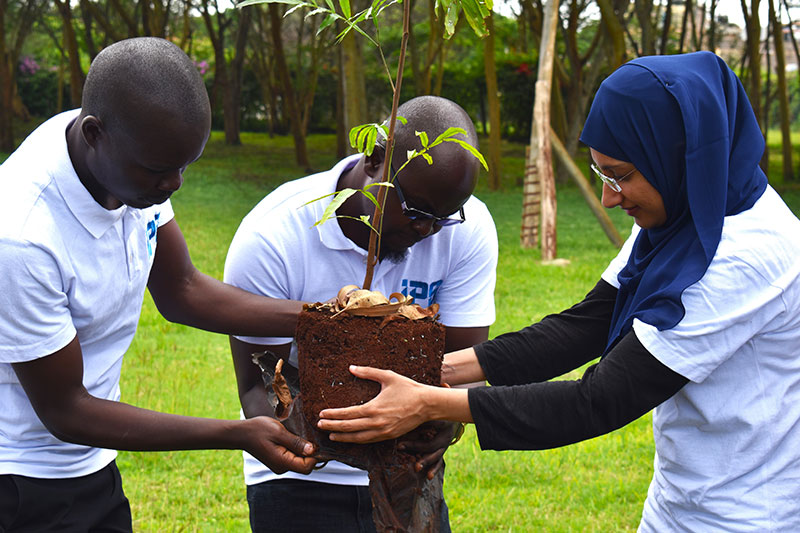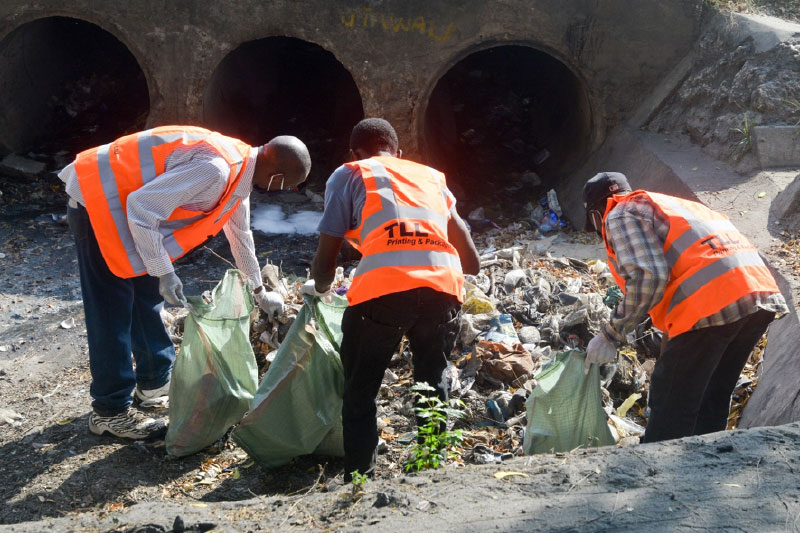Transitioning to environmentally friendly refrigerants

When you walk into the Farmer’s Choice Ltd (FCL) factory, you get a certain chill down your spine because of the cool atmosphere. At FCL, maintaining a functional cold chain is a key component of their operations, being a leading producer of fresh and processed meats in East Africa.
Mary Mburu the General Manager, Choice Meats and sustainability champion at FCL, takes us through how the company has joined global efforts to mitigate Ozone-Depleting Substances(ODS), by progressively transitioning into environmentally friendly options for their refrigerants as part of their net zero journey.
‘‘Refrigerants have been known to contribute negatively to the environment with most containing high Global Warming Potential (GWP) and thus depleting the ozone layer,’’
Says Mary
‘‘FCL is working with stakeholders including GIZ Proklima and The Ministry of Environment and Forestry in the acquisition of refrigerant recoveries to ensure leakages are brought to a minimum during servicing of the units,’’
Nicholas Amukumbi, the Environment, and Social Officer FCL
'‘The recovery unit allows the recapture and then re-use of the refrigerants. At any given period, the net zero emission target is nearly achieved by this means since they would be no need to purchase new refrigerants,’’
Isaac Nyonje the Senior Environment and Social Officer at Industrial Promotion Services (IPS)
All the United Nations member states managed to phase out HCFCs by 2010 two decades after enacting the Montreal Protocol which is a global agreement to protect the ozone layer by phasing out the production and consumption of ozone-depleting substances.
Kenya is also implementing a project to phase out HCFCs, funded by the France government and GIZ Proklima.
Featured Posts
IPS signs $400m deal for green hydrogen fertiliser plant with the Government of Uganda
IPS signs $400m deal for green hydrogen fertiliser plant with the Government of Uganda In…
Growing a Greener Future: Donating Tree Seedlings to Staff at Work
Growing a Greener Future: Donating Tree Seedlings to Staff at Work The rains are here,…
60,000 Trees & Counting: Tree Growing Across the Group
60,000 Trees & Counting: Tree Growing Across the Group In a world grappling with environmental…
TLL World cleanup day
TLL World cleanup day Have you ever walked past a waste dumping site? There is…















